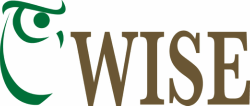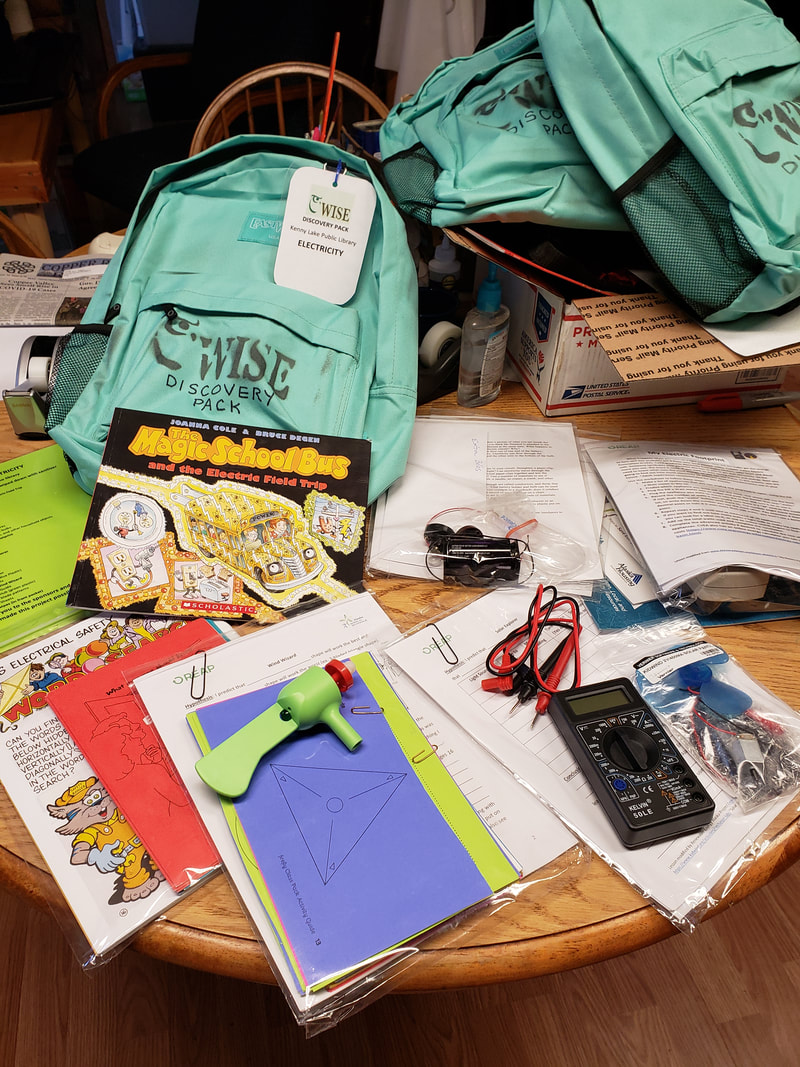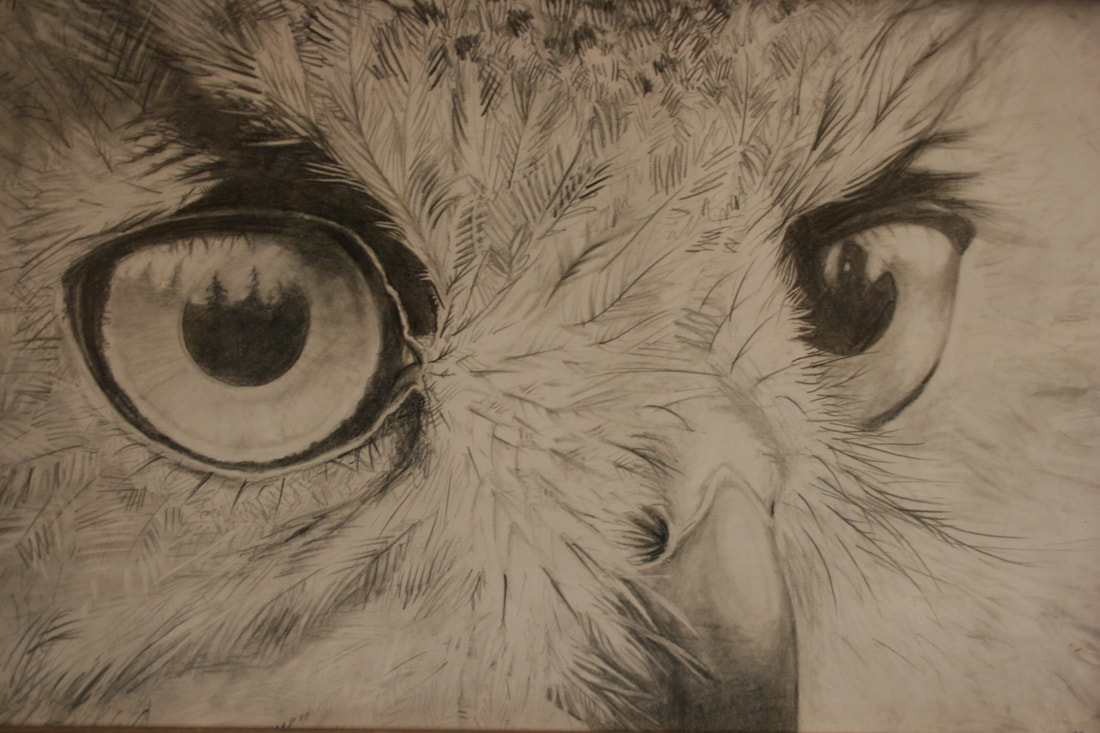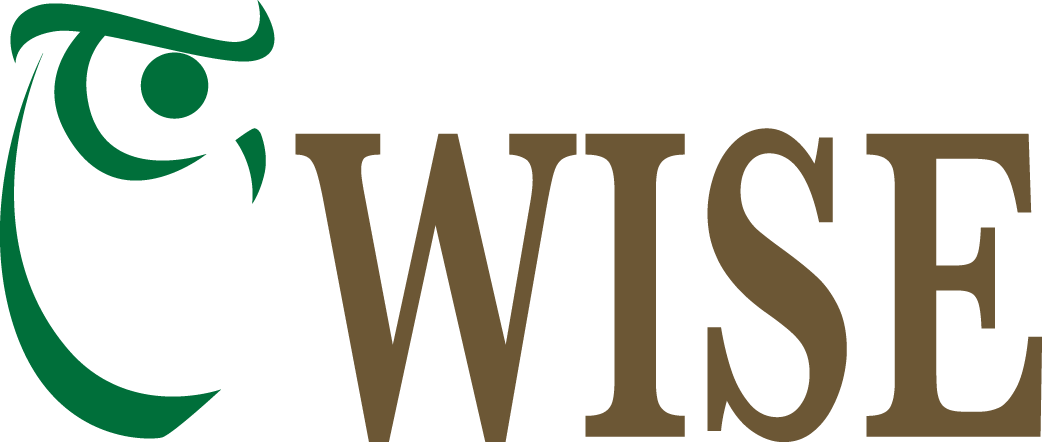|
By Robin Mayo
WISE is taking our Science Lecture series online, with web-based presentations from a wide variety of experts. Although we will miss the camaraderie and personal experience of live lectures, there are some cool advantages to online events which we plan to enjoy. First, we are not limited to presenters who are willing and able to make the trip to the Copper River Valley in winter. This has opened up a whole new set of people we can tap into, and it is exciting. Potential speakers do need to be willing to master the technology, but in 2020 everyone seems to be embracing this. Similarly, our audience is no longer limited to those within driving distance. There is no such thing as a “central” location, no matter where a live lecture is held, it will too far for some. With online lectures, we can even invite participants from other areas. Because of this, we are scheduling most talks for 5pm to make them accessible for those in earlier time zones. Here is what we have planned so far! Friday, December 18 at 5pm--the Nelchina Caribou Herd with Heidi Hatcher. Heidi is the Glennallen Area Wildlife Biologist for Alaska Department of Fish and Game, and has a wealth of knowledge of this important subsistence resource. She’ll also explore some of the history of our relationship with caribou and reindeer, including their appearance in holiday traditions. Friday, January 8 at 5pm—Bird Research in Wrangell-St. Elias National Park, with Carol McIntyre and Jeremy Mizel. These two National Park Service researchers will share their research on Golden Eagles and songbirds. Friday, January 15 at NOON—Fish Passage and Culvert Projects with Kate Morse. The Copper River Watershed Project has a variety of projects in the area, including a major culvert replacement at 74 mile Richardson Highway. Learn about their system for evaluating culverts, the dynamics of culvert replacement projects, and the significant impact on fish habitat. Friday, February 5 at 5pm—Archaeology Discoveries on the shores of Ancient Lake Atna with NPS Archaeologist Lee Reininghaus. This is the first of a two-part series on recent archaeological discoveries in Wrangell-St. Elias National Park and Preserve, including some cool collaboration with geologists to identify likely sites. Friday, February 12 at 5pm—The Excavation of NAB-533 with John White, Texas A&M University. This talk will zoom in on one of the most interesting recent sites found in Wrangell-St. Elias National Park. To attend any of these talks, please email [email protected] to request a link. We will be using a platform called Cisco WebEx, which is very similar to Zoom. You will need to download an app if you want to join by smartphone, and it is recommended that you log in a few minutes early, especially if it is your first WebEx meeting. We are working on more lectures for the rest of the winter, and welcome suggestions for topics and speakers. Looking forward to seeing you on the screen and learning together!
0 Comments
By Robin Mayo WISE is working with three local public libraries to make “Discovery Packs” so families can learn and do simple science experiments at home. We are starting with a few packs at Kenny Lake Public Library this week, and by the end of the year hope to have a total of 24 packs available at Kenny Lake, Glennallen and Valdez libraries. The idea grew as we thought about how we can support local families through remote and home schooling, and keep up with our In-Class Science program in spite of the pandemic. Since libraries already have systems in place to check out materials, they were an obvious choice for partnership. Copper Valley Electric Community Foundation and Alyeska Pipeline Service Company have already pledged funds to support the program, and a request is pending with the Foundation for Rural Service via Copper Valley Telecom. Although designed for elementary aged students, one of the goals is to include materials that will appeal to a wide variety of ages and interests. The electricity pack is one of the first we tackled because it is one of the core building blocks of the In-class Science program. Included are books (Ms. Frizzle and her Magic School Bus,) safety information, batteries and bulbs, and experiments with static electricity. The Renewable Energy Alaska Program (REAP) assisted with this pack, so we there are also materials to build your own wind generator, hook up solar panels, and measure energy use in the home. The packs will be able to be checked out just like a book. They will include a checklist to help borrowers make sure they get everything back in the pack. Between uses, the librarians will check and replenish the contents, wipe things down, and let them rest for a few days to “decontaminate.” Since each library has developed their own procedure for Covid19 safety, please check with your librarian for the best way to choose and pick up materials. We will start with some basic topics, including Simple Machines, Electricity, Sound, and Magnets. Then we will branch out with packs for Aquatic Ecology, Birdwatching, Mammals, Geology, and more. Some of the packs we will have three of so they will always be available at all locations, while others will rotate between the libraries every few months. Public input is very welcome on this project! What topics or materials would you like? After you try a pack, we’d love to hear how it went, and how it can be improved. We’d love to continue to grow this project with your ideas. Photo: The Electricity Discovery Pack includes experiments in static, current, and renewable energy, safety information, and books.
|
Who We AreWISEfriends are several writers connected with Wrangell Institute for Science and Environment, a nonprofit organization located in Alaska's Copper River Valley. Most of these articles originally appeared in our local newspaper, the Copper River Record. Archives
August 2021
Categories
All
|
|
WISE is a
501(c)3 nonprofit organization |
Contact Us |



 RSS Feed
RSS Feed
